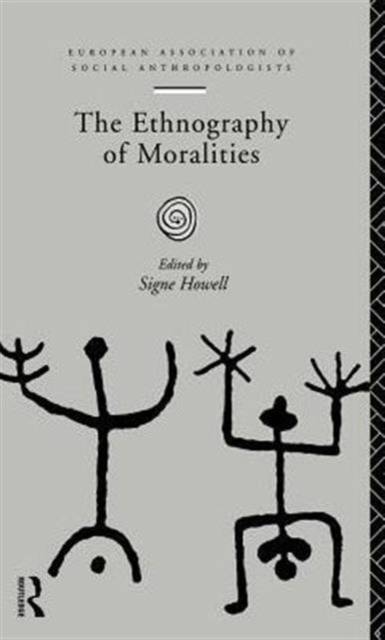
- Afhalen na 1 uur in een winkel met voorraad
- Gratis thuislevering in België vanaf € 30
- Ruim aanbod met 7 miljoen producten
- Afhalen na 1 uur in een winkel met voorraad
- Gratis thuislevering in België vanaf € 30
- Ruim aanbod met 7 miljoen producten
The Ethnography of Moralities
Omschrijving
Focusing on the social construction of morality, The Ethnography of Moralities discusses a topic which is complex but central to the study and nature of anthropology. With the recent shift towards an interest in indigenous notions of self and personhood, questions pertaining to the moral and ethical origins of beliefs relating to human rights become increasingly relevant.
Some of the questions that the contributors address are:
* How is the ethical knowledge grounded?
* Which social domains most profoundly articulate moral values and which are most affected?
* Who defines and who enforces what is right and wrong?
* What constitutes an ethical breach?
Suggested answers are made with reference to empirical material so that the complexities and varieties of theoretical and methodological issues are highlighted. They are also discussed with reference to a wide array of ethnographic studies from Argentina, Mongolia, Melanesia, Yemen, Zimbabwe, Mexico, Britain and The Old Testament.
Specificaties
Betrokkenen
- Uitgeverij:
Inhoud
- Aantal bladzijden:
- 256
- Taal:
- Engels
- Reeks:
Eigenschappen
- Productcode (EAN):
- 9780415133586
- Verschijningsdatum:
- 5/12/1996
- Uitvoering:
- Hardcover
- Formaat:
- Genaaid
- Afmetingen:
- 140 mm x 216 mm
- Gewicht:
- 462 g

Alleen bij Standaard Boekhandel
Beoordelingen
We publiceren alleen reviews die voldoen aan de voorwaarden voor reviews. Bekijk onze voorwaarden voor reviews.










